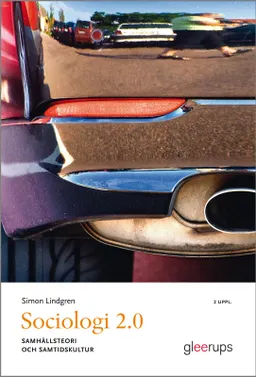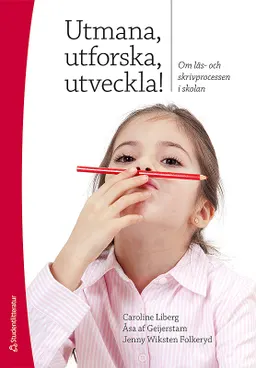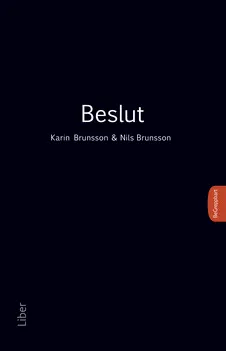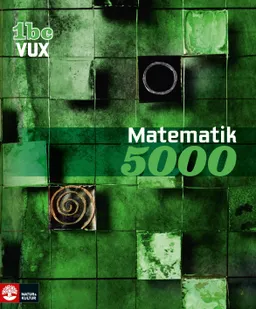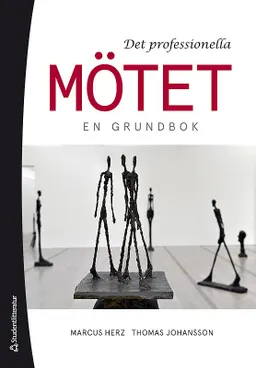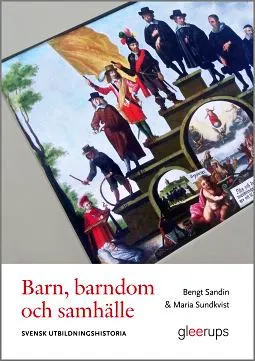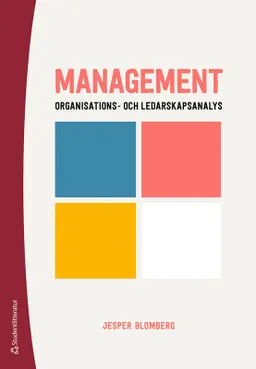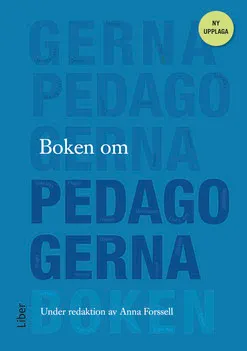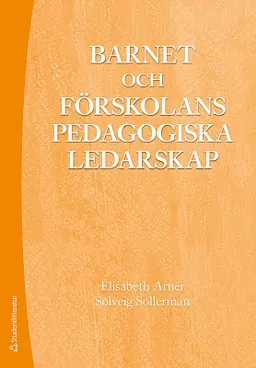Liberal World Order is seen by many as either a fading international order in response to declining American hegemony, or as a failing international order riddled with internal tensions and contradictions. Either way, liberal world order is assumed to be in crisis. The contributors to Liberal World Orders do not reject the argument that liberal order is in crisis. Instead they contend that the crisis is primarily one of authority. This has been compounded by the relative lack of historical context supplied by liberal theorists of 'the international'. By not looking further than the 20th century, the field has ignored moments when similar tensions and contradictions have been evident. The authors question the way in which the debate about liberalism has been conducted. Against the theoreticians it is proposed that liberalism has suffered from being too closely tied to the quest for scientific authenticity, resulting in a theoretical perspective with little or no commitment to political values and political vision. By reformulating the classical liberalism of Kant, Paine, and Mill into neo-liberalism, liberalism lost its critical and normative potential. Against the policy-makers it is proposed that the practices of liberal ordering are resilient enough to prove durable despite the relative decline in the power and authority of liberal states. Just as cooperative practices between states predated liberalism, aspects of world order today which evolved during the high point of liberal internationalism may succeed in outliving liberalism.
Åtkomstkoder och digitalt tilläggsmaterial garanteras inte med begagnade böcker





